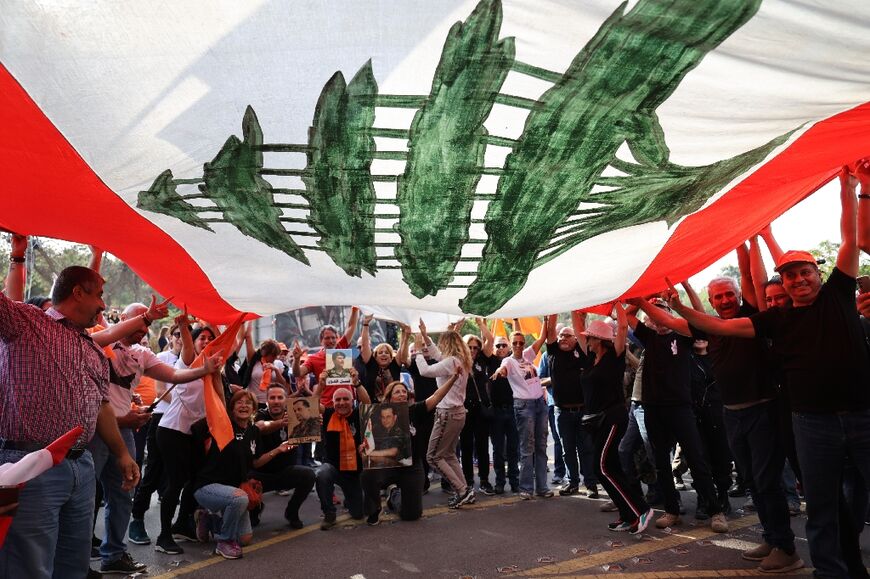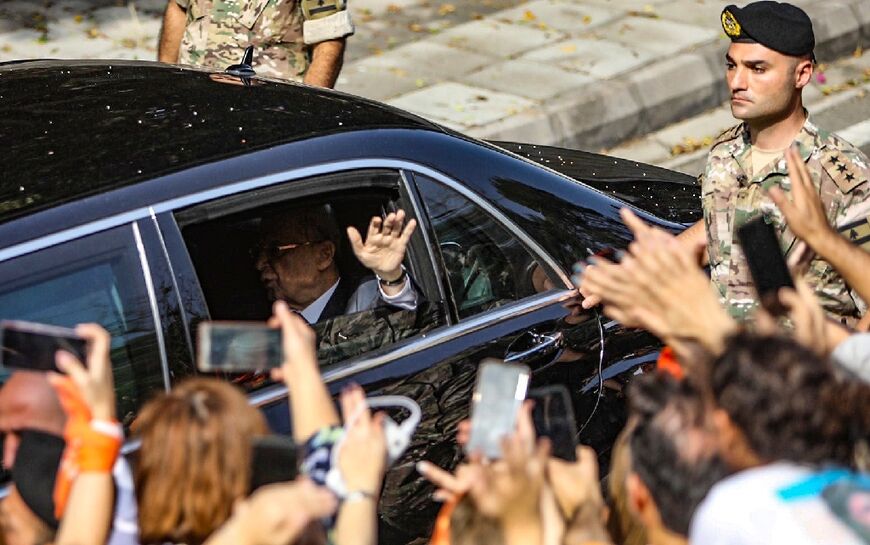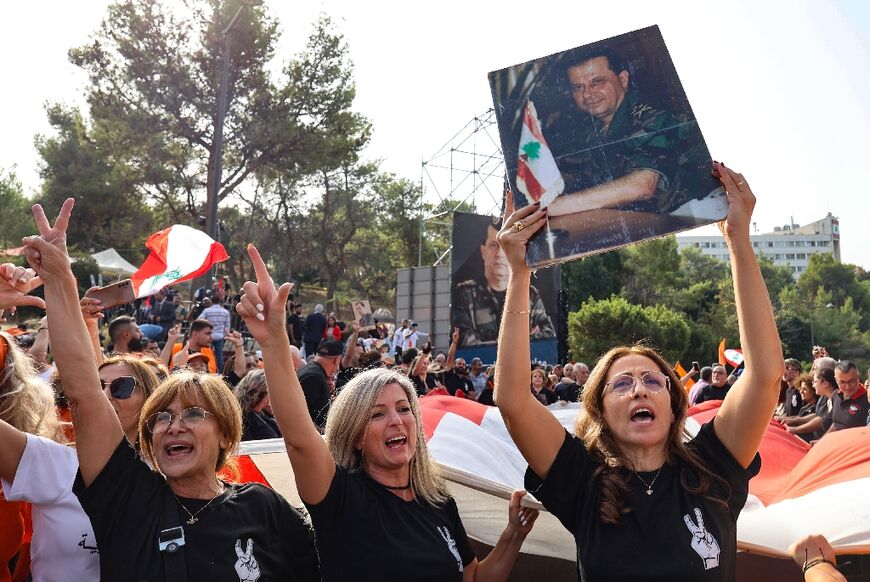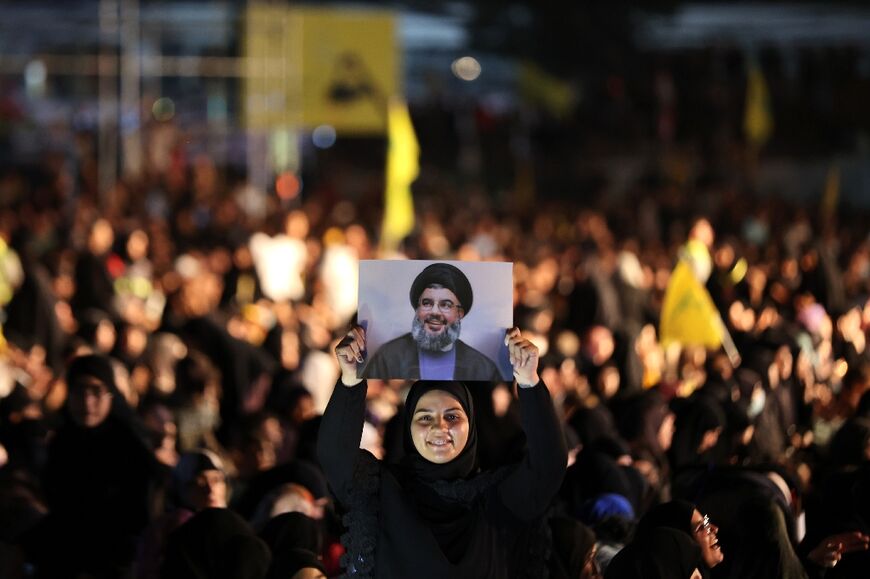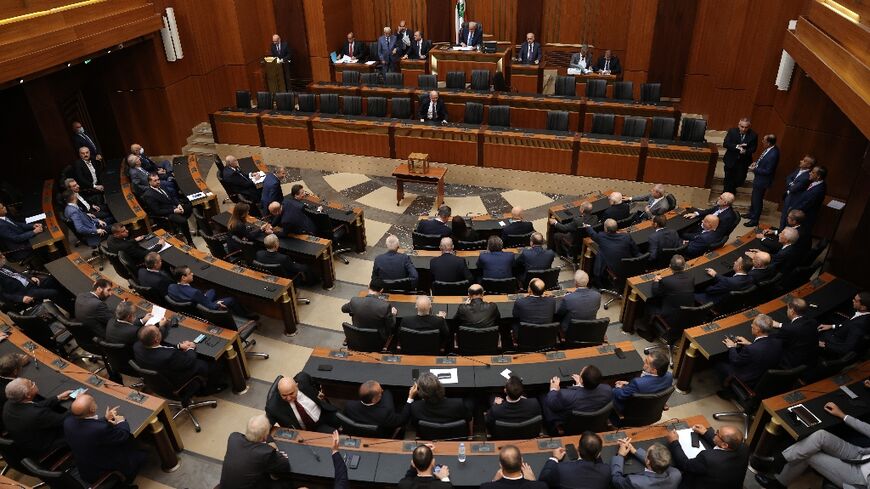Lebanon's political crisis deepens as Aoun vacates presidential palace

Lebanon's outgoing head of state, Michel Aoun, left the presidential palace Sunday, a day before his mandate expires without a designated successor, deepening the country's political crisis.
His six-year term was marred by mass protests, a painful economic downturn and the August 2020 mega-explosion of ammonium nitrate that killed hundreds and laid waste to swathes of Beirut.
Aoun, a Maronite Christian in his late 80s, said he had signed a final decree formalising the resignation of premier Najib Mikati's caretaker government, exacerbating a months-long power struggle that has paralysed the government.
Mikati, a Sunni Muslim, retorted that Aoun's decision had "no constitutional basis" and that his cabinet would "continue to carry out all its constitutional duties, including its caretaker functions".
Aoun's term formally ends Monday, complicating politics in Lebanon at a time it must meet reform demands from the International Monetary Fund to access billions of dollars in loans.
Thousands of well-wishers came to pay tribute to Aoun, a former army chief and head of the Free Patriotic Movement (FPM), which is allied with the powerful pro-Iranian Shiite movement Hezbollah.
Aoun's supporters, some of whom had slept in tents outside the presidential palace near Beirut, came brandishing portraits of the man widely referred to as the "general", dating back to his role in the 1975-1990 civil war.
"We have come to escort the president at the end of his mandate, to tell him that we are with him and that we will continue the struggle by his side," said one, teacher Joumana Nahed.
Lebanese lawmakers have tried and failed four times in a month to agree on electing a successor to Aoun.
Neither Hezbollah, the powerful armed movement which dominates political life in Lebanon, nor its opponents have the clear majority needed to impose a candidate to succeed him.
The president's powers fall to the Council of Ministers if he leaves office without a successor. A cabinet in a caretaker role cannot, however, take important decisions that might impact the country's fate, Lahham said.
- 'Vacuum and paralysis' -
Before bowing out, Aoun delivered a final broadside against Mikati.
"This morning, I sent a letter to parliament and signed a decree that considers the government resigned," he told supporters before leaving the palace in the hills above Beirut.
Experts say the move will likely not impact the work of Mikati's government, which has remained in a caretaker role since legislative elections in the spring.
But it was part of ongoing political arm-wrestling between Aoun and Mikati, who is also in charge of forming a new government.
Aoun told parliament in a letter that Mikati was "uninterested" in forming a new cabinet to deal with Lebanon's myriad problems and called on him to resign.
Constitutional expert Wissam Lahham said that "what Aoun is doing is unprecedented" since Lebanon adopted its constitution in 1926.
Under Lebanese law, a government that has resigned continues in a caretaker role until a new one is formed, Lahham said, describing Aoun's decree as "meaningless".
Lawmaker Ghassan Hasbani of the Lebanese Forces, the FPM's Christian rivals, said that Aoun had dealt an additional blow to the country's paralysed state institutions by signing the decree.
"The government will now operate only within the narrowest of caretaker scopes," Hasbani said, while parliament can no longer meet to legislate, only to vote on a new president.
"We are faced with a vacuum at the executive level and paralysis of the legislative body."


